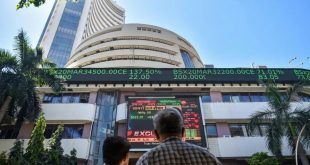[ad_1]

Capital markets regulator SEBI on Thursday proposed a uniform total expense ratio (TER) for all mutual fund schemes. The purpose of doing this is to bring transparency in the charges levied on the unit holder.
Currently, SEBI allows asset management companies to levy four other types of charges in addition to the specific TER limits. These include brokerage and transaction cost, additional TER for distribution commission coming from B-30 (outside top 30 cities) and Goods and Services Tax and exit load. TER is taken as a percentage of the fund of the scheme. This includes administrative and management costs. SEBI has said in the consultation paper that TER indicates the maximum expense ratio that an investor is expected to pay and hence should be inclusive of all expenses. Apart from this, no other charges should be taken from the investor. SEBI noted that in view of the principle that TER should cover all expenses, brokerage and transaction expenses should also be included within the limits of TER. Along with this, it has been said to include other expenses including securities transaction tax. However, SEBI in a suggestion has also suggested that higher commission paid to distributors for flows from B-30 cities may continue. Distributors can be paid only for New Individual Investors (New PAN).
Another suggestion by SEBI is that AMCs can adapt their distribution policies to promote financial inclusion and reward flow from B-30 cities. In this case AMCs may consider paying higher percentage commission on inflows from B-30 cities as compared to T-30 (top 30 cities). Further, SEBI has proposed to discontinue the provision for levying an additional 5 basis points cost charge in schemes having provision for excise duty. AMC has been permitted to levy additional charges for more than 10 years. Sebi has sought comments from various stockholders on its discussion paper by June 1. At present there are more than 42 mutual fund managers in the country.
 Suspense Crime Sach Ka Dam
Suspense Crime Sach Ka Dam


